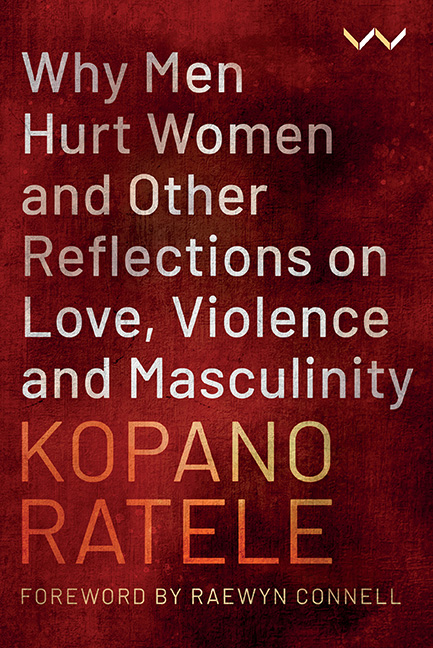9 - Talking matters
Published online by Cambridge University Press: 24 November 2023
Summary
Talking matters. Stated somewhat differently, talking matters over helps.
I do not wish to go into the considerable scholarly discussion in psychotherapy about why talking helps, except to point to what psychologists call a therapeutic relationship or alliance. A relationship can be therapeutic. Due to the fact that an alliance can be healing and people can be trained to be good listeners, I submit that an experienced, expert therapist can be of great help in dealing with apparently common conditions like anxiety, and surely in managing serious ones like personality disorders and psychosis.
Just in case this is missed, it needs underlining. While a relationship can be a source of strain, it can also be healing. The relationship need not be with a professional. This is something I wish to stress and shall return to.
It may come as a surprise to some people that a certain reluctance about recommending psychotherapy has characterised my own life. I would even say, I have at times been dismissive of the psy-professions. Critical psychologists can be like that. My disinclination is attributable to a critical awareness of how psychotherapy has been appropriated by what is referred to as the ‘psy-complex’. As a profession, psychotherapy is too medicalised, elitist, and nurtures unwarranted power hierarchies. That is besides the fact that psychotherapy is unaffordable and adapts people to the world as it is, which is to say it is part of the neoliberal, capitalist machinery that excludes the majority of people and supports an unjust world. Poor and lower-middle-class individuals who could benefit most from it do not have the money to see a therapist. All that said, I believe that where a therapist can commit professional suicide by jettisoning the baggage of psychotherapy, and place their work in the service of the daily struggles of people and their life problems, therapy can be of tremendous use.
However, I am here not concerned with psychotherapy as such – not with whether or not it is possible to escape its Euroamerican ontological and epistemological framings, or tame its capitalist tendencies, not with the problems of its medicalisation, not with whether the talking cure actually cures, or under what conditions it works if it does, or if we should have more therapists in our country, or if training is appropriate, or with whether changing the language in which therapy is delivered would make it more African.
- Type
- Chapter
- Information
- Publisher: Wits University PressPrint publication year: 2022



